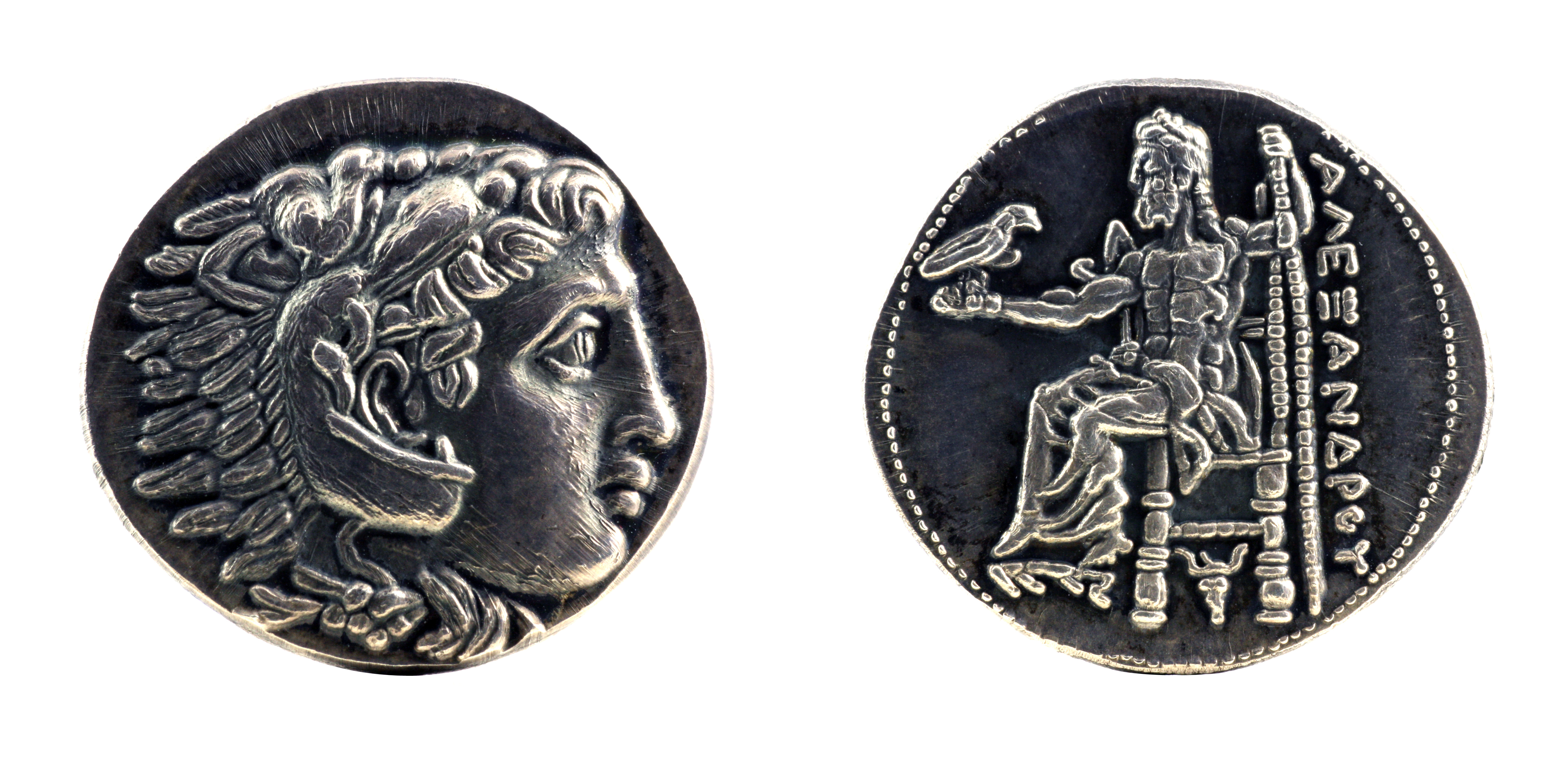
This will be my final post on the finances of Alexander the Great.
Professor Frank Holt’s book The Treasures of Alexander the Great: How One Man’s Wealth Shaped the World explains the ancient record does not give us enough details to estimate the total expenses paid by Alexander as he rampaged around the world.
The total expenses based on identifiable items in historical narratives is aggregated by the professor in a formula as:
- 189( X) + 69,176 talents
That means about 70,000 talents of specifically identified expenses. In addition, there are 189 known expenditures of funds but the amount is unknown, only the purpose.
This is not particularly useful because it does not include most of the military costs. Consider this revised formula:
- 69,176 talents
- plus 189 large but unquantified disbursements
- plus the cost of operating the military, previously mentioned in this post.
So the total costs are not quantifiable. Can’t even make any wild guesses that would be anything other than mere arithmetic exercises (a criticism this entire series of posts is vulnerable to!).
Slaves
Appendix 2B tabulates all the known reports describing Alexander’s plunder. Most of the incidents are not quantified.
The ancient reports often describe slaves were part of the booty seized by Alexander. There are 20 reports in which the number of people sent into slavery were not quantified. In four incidents, there is a tally:
30,000 – Thebes
30,000 – Damascus
40,000 – Banjaur
70,000 – Sangala
140,000 – arithmetic sum of above citations
The amounts need to be taken with about 30,000 grains of salt, since ancient sources tend to report the number 30,000 as a catchall. The 30K references are not to be taken literally, according to the author, but more as a vague approximation.
So, the number of people torn from their home and family and sent into forced labor for the remainder of their life can be expressed as a formula:
- 20X + 170,000
Where X is an incident with unknown number of new slaves and 140,000 is vague approximation of four specific incidents.
Human suffering
In addition, the professor points out the human cost of massive deaths and huge numbers of people sold into slavery along with massive environmental devastation is not possibly quantifiable.
The level of human suffering caused by Alexander the Great is beyond any comprehension.